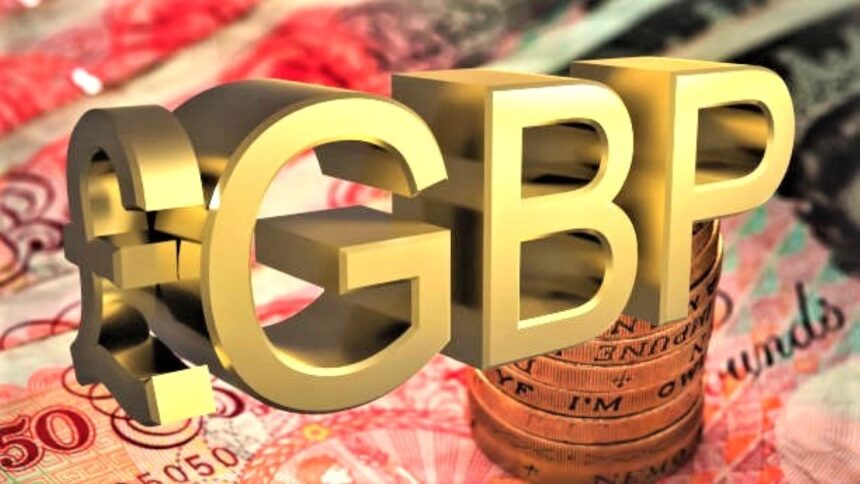Pound sterling holds gains near 1.3400 against the US dollar, which is weakening following disappointing inflation figures.
During Monday’s London session, the Pound Sterling (GBP) held gains near the round-level resistance of 1.3400 against the US Dollar (USD). The prognosis for the GBPUSD pair remains positive, as the US dollar trades at yearly lows after data released on Friday revealed that US inflation slowed further in August. The US Dollar Index (DXY), which tracks the value of the greenback versus six major currencies, The price is hovering at the crucial support level of 100.20.
The small uptick in US core PCE inflation implies that the Fed’s war against inflation is far from done.
The Personal Consumption Expenditure Price Index (PCE) report revealed that annual inflation increased by 2.2%, less than expectations of 2.3% and the July reading of 2.5%. This decrease in pricing pressures is likely to be good news for Federal Reserve (Fed) Chair Jerome Powell and his colleagues. However, triumph against inflation remains uncertain, as the core PCE price index, which excludes volatile food and energy costs and is the Federal Reserve’s (Fed) favored inflation measure, increased to 2.7% from 2.6% in the previous release.
The drop in US inflation has strengthened market expectations for future interest rate cuts, but it appears insufficient to cement another 50 basis points (bps) of decline as the Fed intends Now more aware of mounting labor market dangers and an economic recession.
This week, investors will pay attention to a flood of US economic data, including the ISM Manufacturing and Services PMIs, ADP Employment and Nonfarm Payrolls (NFP) data for September, and JOLTS labor Openings data for August, all of which will provide new insights into the present state of the labor market and the economy.
Investors are waiting for Fed Chairman Powell and BoE Governor Greene’s speeches.
Investors will pay close attention to Jerome Powell’s address at 17:00 GMT on Monday, when he is likely to deliver new interest rate forecasts. Powell’s comments could signal whether the Fed will drop interest rates by a larger-than-usual 50 basis points, as it did on September 18, or by a gradual 25 basis point reduction.
Daily Market movers: Pound Sterling underperforms vs Asia-Pacific counterparts.
At the start of the week, the pound sterling is stronger than its major rivals, with the exception of Asia-Pacific currencies. The British pound rises as investors expect the Bank of England (BoE) will decrease interest rates at a slower and deeper pace than other central banks in the Group of Seven (G-7).
Asia-Pacific currencies, such as the Australian Dollar (AUD) and the New Zealand Dollar (NZD), have risen sharply after China’s cabinet announced on Sunday that it will focus on resolving outstanding economic problems and achieving annual economic and social development targets, Reuters reported. The potential of an improvement in China’s economic prospects increases the appeal of Asia-Pacific currencies given that their nations are Major trading partners of China.
Financial market participants expect the BoE to drop interest rates by 25 basis points again in one of its last two sessions this year.
Financial market participants expect the BoE to drop interest rates by 25 basis points again in one of its last two sessions this year. Investors will look for fresh indications in BoE Megan Greene’s statement at 20:10 GMT, as she is an external member of the Monetary Policy Committee (MPC), which is led by nine members. Greene voted to keep interest rates steady at monetary policy meetings on September 19 and August 1.
On the economic front, updated estimates of Q2 Gross Domestic Product (GDP) showed that the United Kingdom (UK) economy increased by 0.5%, weaker than the flash reading of 0.6% quarterly. The annual Q2 GDP growth rate was similarly lower at 0.7%, compared to the preliminary estimate of 0.9%.









